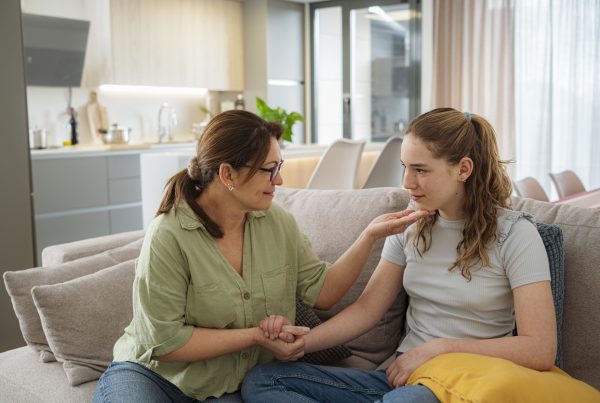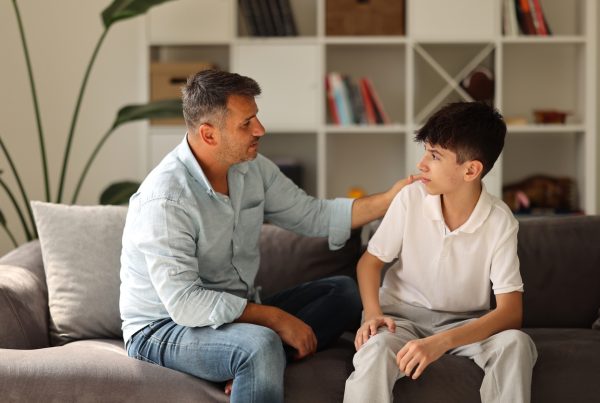 {Image via Wikipedia}
{Image via Wikipedia}Anxiety is among the most common psychiatric disorders as well as a contributing factor for major depression and substance abuse, affecting around 18% of the population (Adults 18 and older). Adolescents aren’t exempt from this, though. Anxiety in the teen years is quite common. For some, “anxiety often hums along like background noise,” but for others, it can become a “chronic, high-pitched state, interfering with their ability to attend school and to perform up to their academic potential.” It can create difficulties with making and keeping friends, participating in activities, and even having positive relationships with family. Anxiety can be present itself as simply as feeling uneasy in a situation or it can develop into panic attacks and phobias.
Most recently, Stanford University published a paper talking about a new study using optogenetics to look at the brain circuitry involved in anxiety. They used optogenetics to look at the amygdala (the part of the brain responsible for emotional processing) for answers. They discovered when the amygdala was stimulated in mice, the mice were able to explore spaces where they had previously shown fear. Interestingly enough, “The anxiety-reducing brain circuit is located — counterintuitively — in a part of the brain that is typically associated with fear, which may explain why scientists have overlooked it before.” What this will do for humans will take time to research, but the findings in this study are encouraging.
Symptoms can include: restlessness, vigilance, signs of extreme stress; in social settings, one may appear dependent, withdrawn, or uneasy. There may be some physical symptoms as well, like stomachaches, headaches, fatigue, skittishness, and trembling.
Surely, we would love an immediate answer and “fix” to our anxiety troubles, but it is going to take some time. The good thing is, there is hope that this will lead to new and better treatments. This is definitely a study to watch!







